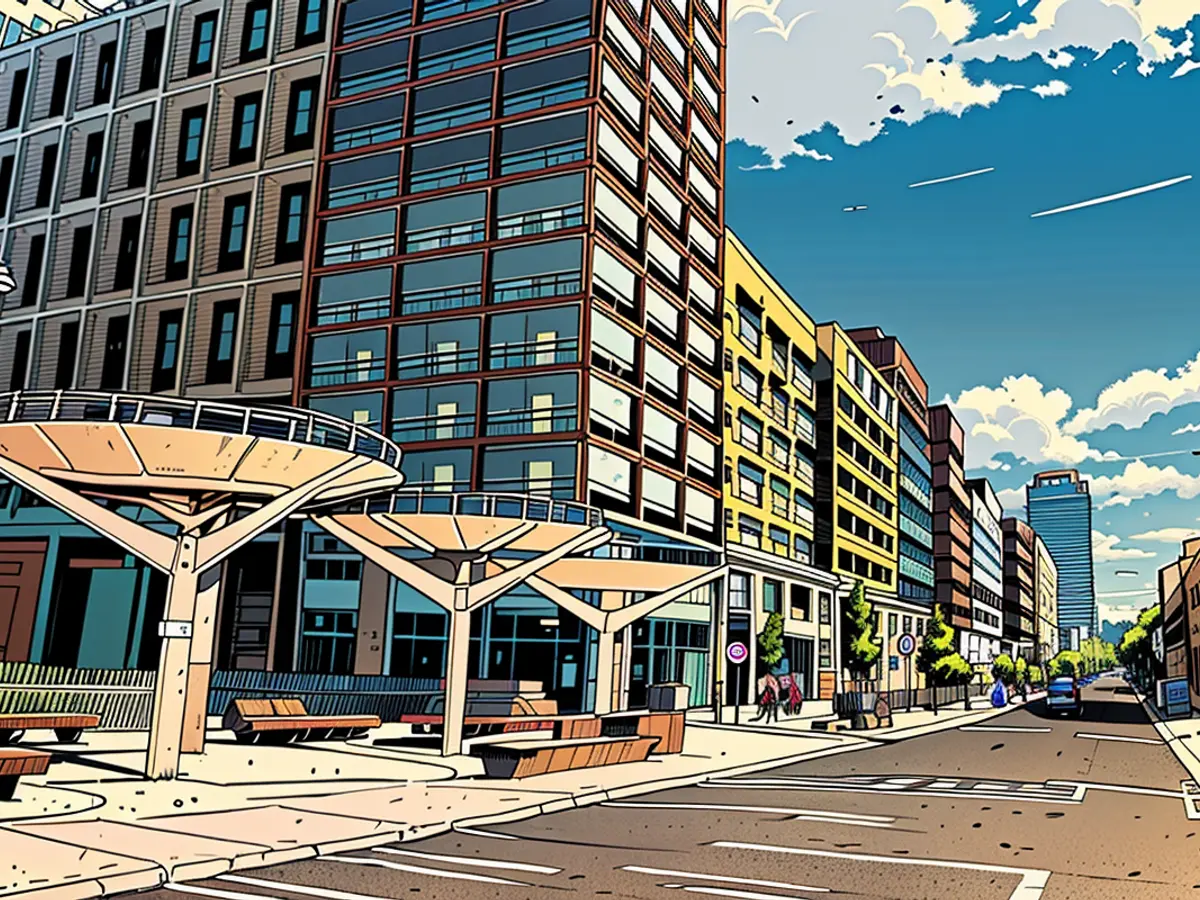No Air Conditioning Yet, But the Eco-Friendly Olympic Village in Paris Leads the Pack
Activating the Elevenlabs Text to Speech AudioNative Player... Describing the scene, it's bare-bones, constructed from simple wooden huts, and it was promptly dismantled post-event.
The sporting competition is back in the City of Love a hundred years later, but French authorities are taking a unique approach this time around. To make Paris 2024 the "most eco-friendly and sustainable games in history," they're developing something permanent.
As expressed by Georgina Grenon, the Paris 2024 sustainability director, "This community was imagined as a residential area, a neighborhood that will continue to thrive post-event." The Olympics organizers will only lease this area for a limited time.
Instead of residing in tailor-made accommodations, Olympic athletes will be living in structures intended for future residents, whether they be homeowners or workers.
Once the Paralympics conclude on September 8, the village — consisting of 82 buildings — will be transformed into office space for 6,000 employees and apartments for another 6,000 residents.
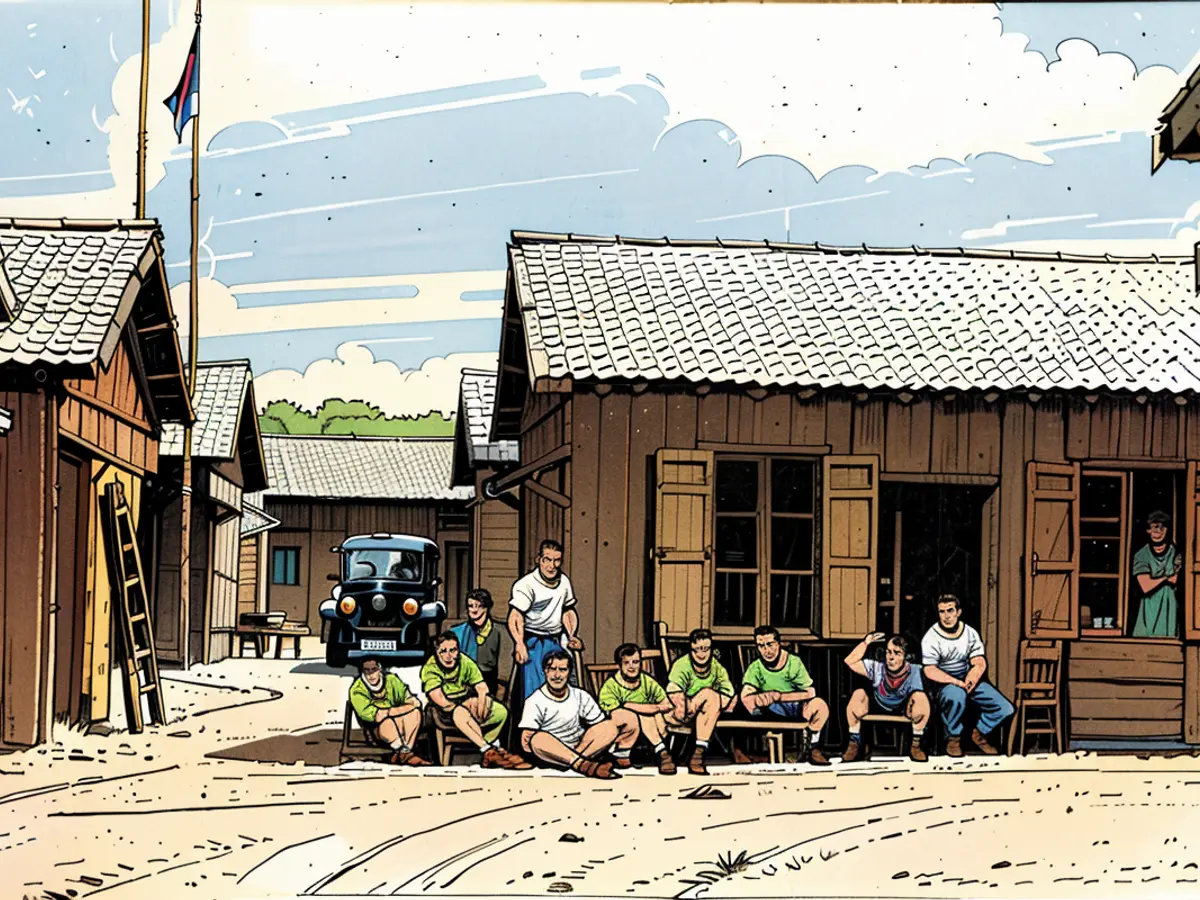
The goal is that this project will serve as a model to combat Paris' housing crisis, where sky-high interest rates, skyrocketing property prices, and a scant supply have made homeownership or renting increasingly difficult. The demand for budget-friendly housing is so extensive that a tiny 10 square meter (108 square feet) apartment in the trendy 10th arrondissement, priced at 610 euros ($614) per month, received a whopping 765 applications in less than a week when it hit the rental market last year.
The location for the Olympic Village was carefully chosen to rejuvenate some of the city's historically disadvantaged northern suburbs. The village is located at the junction of three suburbs: Saint-Denis, a diverse, working-class neighborhood with a notorious history of crime and insecurity; the rapidly gentrifying Saint-Ouen; and Ile-Saint-Denis, an island on the Seine River. Organizers promise that 32% of the newly constructed homes in Saint-Denis and Saint-Ouen, and 48% of those in Ile-Saint-Denis earmarked for the Games will be designated for public housing.
There's a concern, however, that the existing residents may be priced out. Previous promises of affordable housing in east London in preparation for the 2012 Olympics ultimately failed to materialize. A BBC report in 2022 revealed that only fewer than 200 of the 9,000 homes built within the Olympic Park were offered at the lowest rent levels.
'It's a massive test lab'
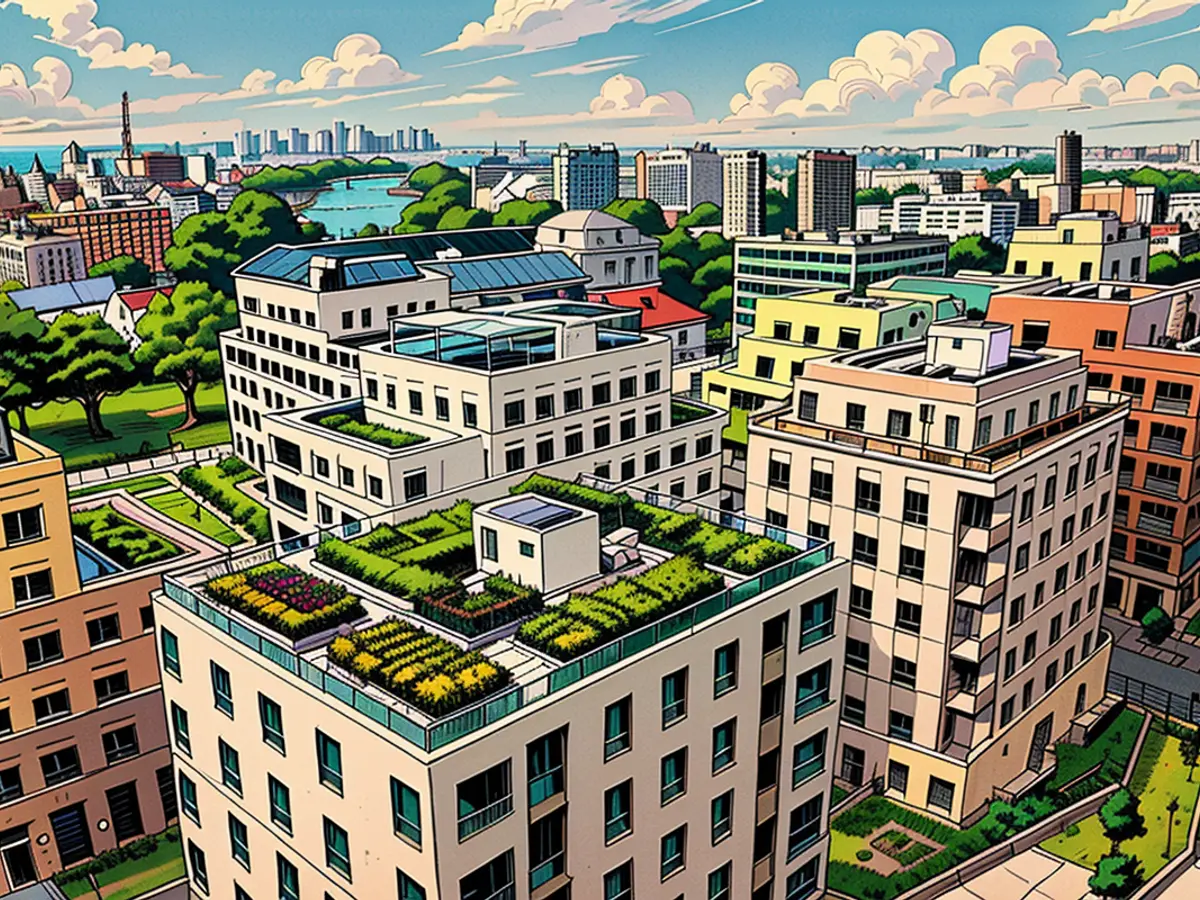
Much like the Olympics themselves, which organizers claim will run completely on renewable energy, everything constructed for the village prioritized sustainability. To reduce construction, organizers repurposed or permanently altered several existing structures on the site, including an old electric factory that's been converted into a "resident center." They also reused existing movie studios in the area as training facilities for athletes instead of building new ones, a practice employed at some previous Games.
The buildings crafted for the event were built with wood and recycled materials, a move that, according to Grenon, reduced the project's carbon footprint by 30% per square meter — exceeding French ecological regulations.
A third of all the rooftops are fitted with solar panels, while another third boast gardens intended to lower indoor temperatures. Long, linear openings leading to the Seine were preserved to create wind tunnels, channeling the cool air from the river as far inland as possible. The extreme temperatures this summer are forecasted to be above average, as per France's national weather service, leading to concerns that heat could jeopardize athlete safety.
But it's not just the structures that will be repurposed.
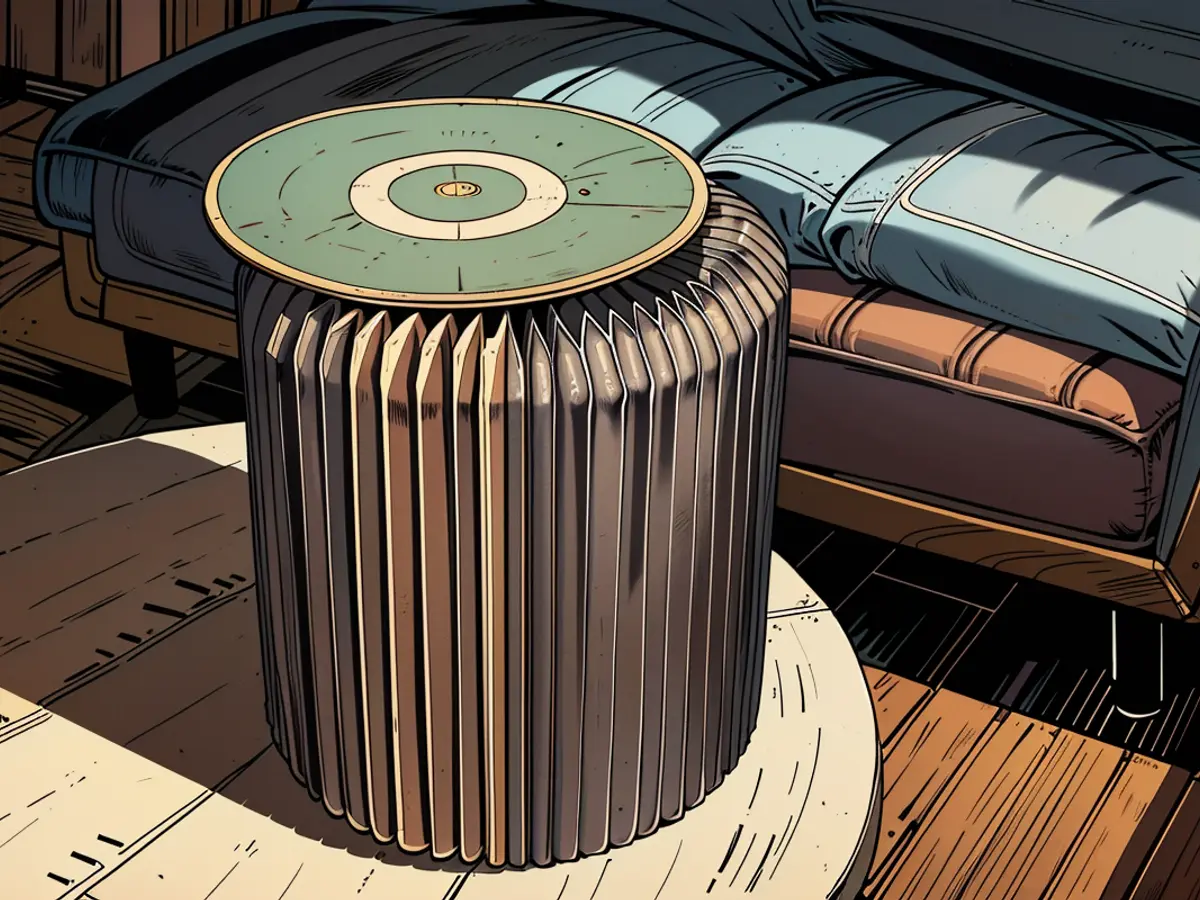
The village will accommodate about 3,000 apartments containing a total of 14,250 beds made from recyclable materials similar to those used in Tokyo. The mattresses were fabricated with reclaimed materials and can be adjusted in firmness by flipping them over. The stools were made from cardboard, making them easy to recycle post-Olympics.
Across the village, organizers are implementing a handful of tests to determine if new green technologies and construction methods are practical in the real world.
"It's a massive test lab," Grenon stated.
One sidewalk has been fashioned from seashells. In theory, these shells should absorb rain. On hot days, the stored water should vaporize and help cool passers-by.
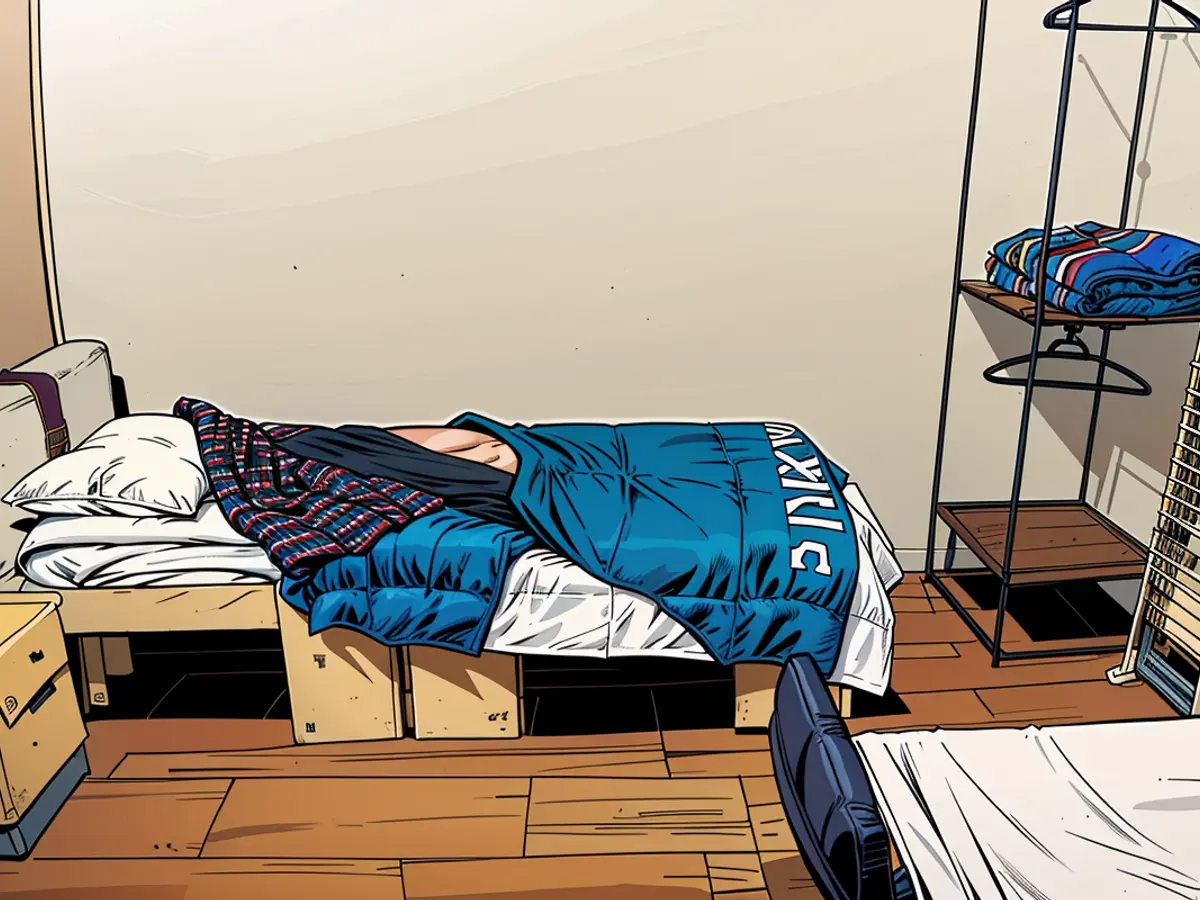
The main boulevard of the village features five experimental outdoor air filters. These oversized, UFO-like structures are designed to suck in polluted air and filter out hazardous particles. These devices can purify "95% of the air of particulate matter — all sizes," according to their creator, Jerome Giacomoni. These five devices can purify the equivalent volume of 40 Olympic-sized swimming pools per hour with minimal electricity consumption, Giacomoni declared.
Maintaining a cool temperature
The most debated innovation will likely be the geothermal cooling system, as athletes in Paris may face the same sweltering heat and humidity that plagued Tokyo during the Summer Olympics there three years ago.
"Climate change should increasingly be viewed as an existential threat to sport," Sebastian Coe, the president of World Athletics, stated in a report published last week (June 18) examining the heat risks associated with this summer's games.
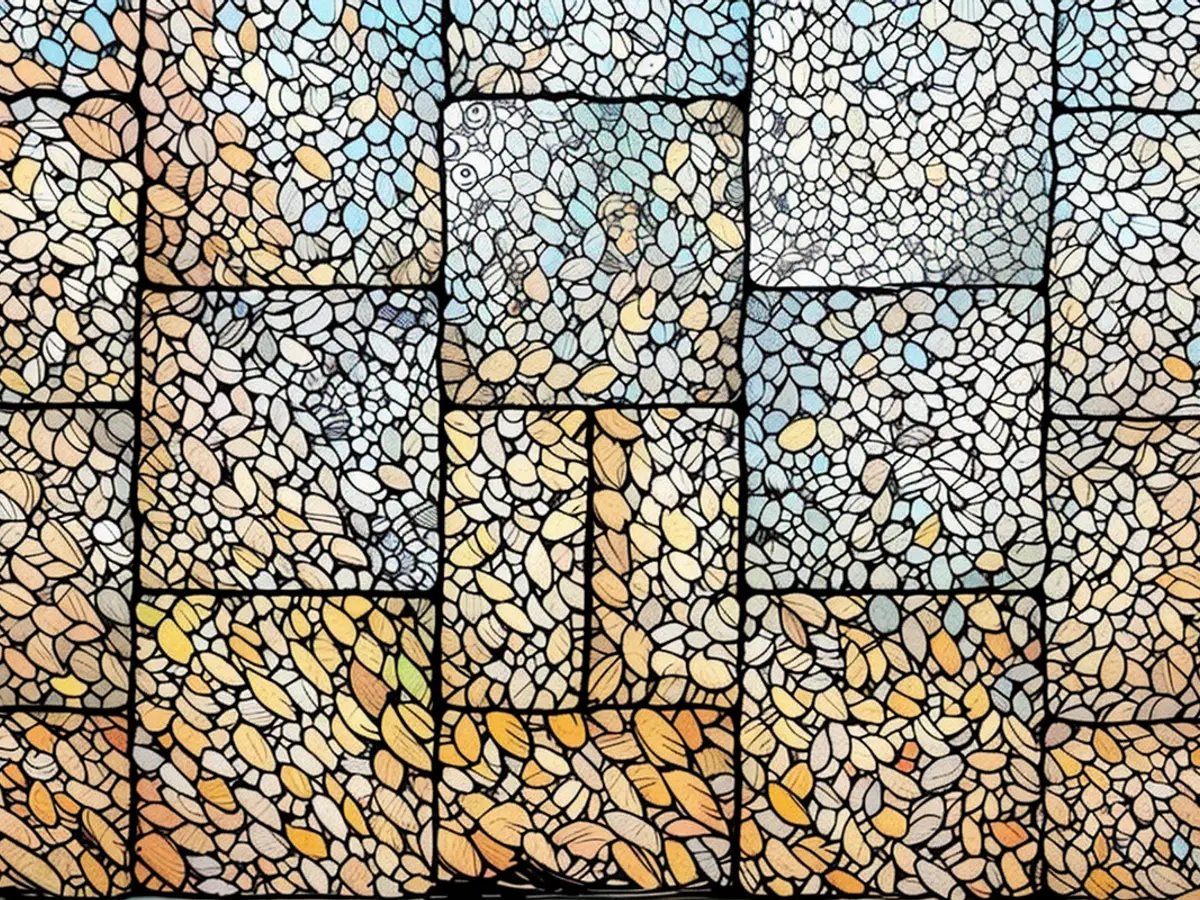
While the ground floor of some buildings in the Olympic Village will be equipped with traditional air conditioning because they will be converted into shops post-Olympics, the athlete apartments will make use of geothermal cooling instead of air conditioning.
This system extracts water chilled to 4 degrees Celsius (39 degrees Fahrenheit) from depths as great as 70 meters (230 feet) beneath nearby geothermal plants and channels it through piping beneath each apartment's floor. According to Laurent Michaud, the Paris 2024 Olympic and Paralympic Village director, this cold water ought to decrease the building's temperature by 6 to 10 degrees Celsius compared to the outdoor temp. Although the system will be managed at the building level, each apartment is equipped with a thermostat for adjusting the temperature within a 2-degree Celsius range per unit. The system also caters to heating apartments during the winter months.
The increased frequency and intensity of heatwaves, a consequence of human-induced climate change, has been causing them to occur earlier in various regions worldwide. Paris, in particular, is at high risk — hot weather-related deaths are more prevalent in the French capital compared to any other European city, according to a study reviewing over 850 cities.
In 2022, only 19% of European homes had air conditioning, as per data from the International Energy Agency. Yet, the growing demand for air conditioning units worldwide due to extreme heat has become a predicament, often referred to as the "climate Catch-22," as these systems consume substantial energy, much of which stems from fossil fuels, contributing to additional carbon dioxide emissions and global warming.
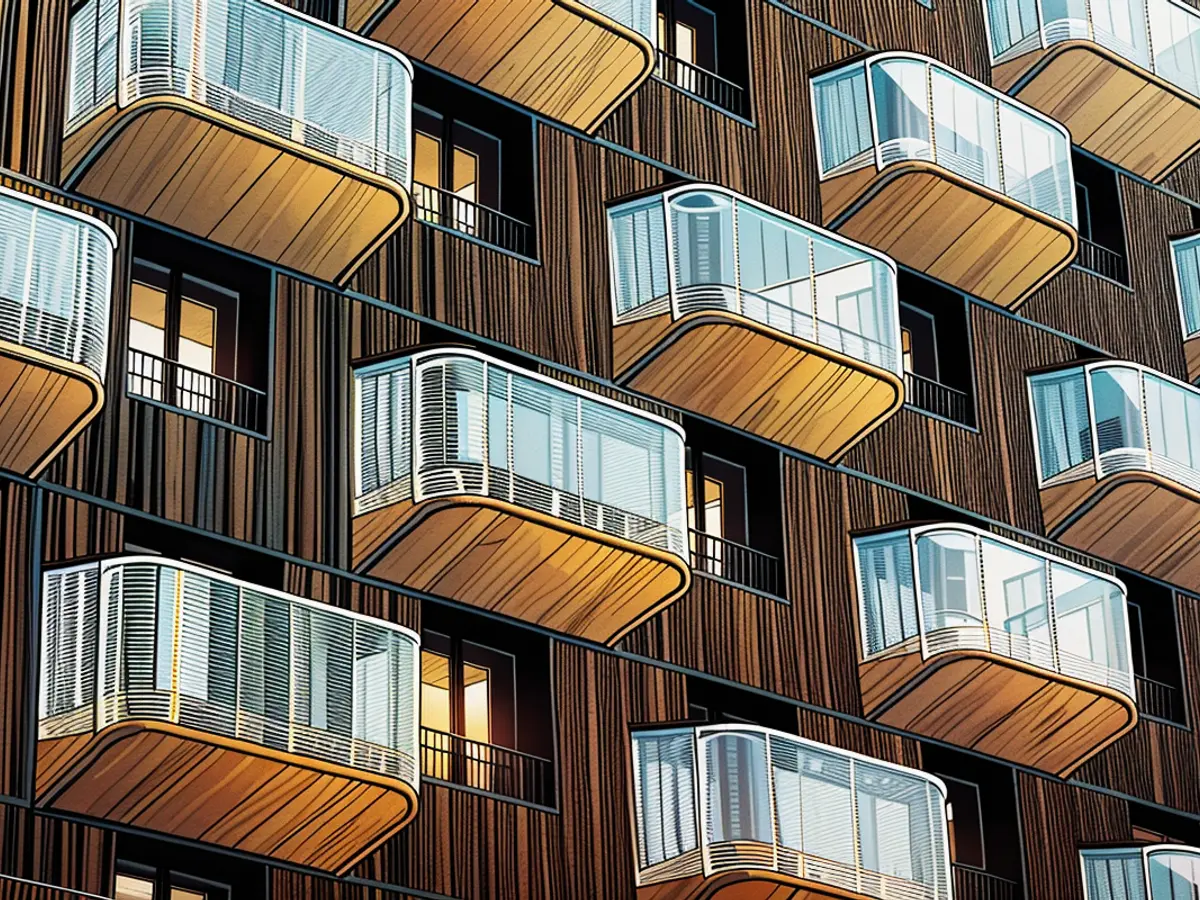
As a contingency measure for heatwave apprehensions, the village offers the opportunity to rent personal air conditioning units to concerned delegations.
In March, Paris Mayor Anne Hidalgo addressed the absence of air conditioning in the Village when questioned by Reuters, stating that the village was "designed to minimize reliance on air conditioning, even in exceptionally high temperatures."
"We are on the brink of a crisis. Everyone, including the athletes, should be conscious of this," Hidalgo asserted. "We must trust the scientists when they guide us in building structures sustainably, allowing us to cope without air conditioning."
The report contains contributions from CNN’s Saskya Vandoorne and Derek Van Dam
Read also:
This community within the eco-friendly Olympic Village in Paris is intended to continue thriving post-event, serving as a model to combat Paris' housing crisis. The architecture of these permanent structures will follow a sustainable style, with wood and recycled materials being used in construction to reduce the project's carbon footprint by 30% per square meter.
